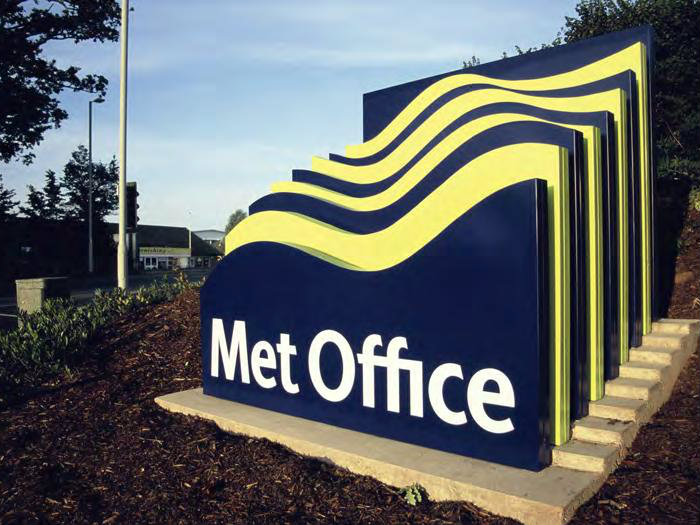
Earlier this week, the Met Office invited us to celebrate the fact that we had allowed to be siphoned from our pockets the £97 million it allegedly needed to build a new super-computer to “produce the most scientifically accurate short-term forecast that are scientifically possible.”
Does the Met Office think we are mad, gullible, possessed of exceptionally poor memories, or what?
Just in case the answer is the latter, Christopher Booker has helpfully provided a few reminders as to why splashing out that sort of dosh to the Met Office is, as PJ O’Rourke might put it, like “giving whiskey and car keys to teenage boys.”
In 2004, it predicted that by 2014 the world would have warmed by 0.8C, and that four of the five years after 2009 would beat the 1998 record as the “hottest year ever”. In 2007, its computer predicted that this would be the “warmest year ever”, just before global temperatures temporarily plummeted by 0.7C, equal to their entire net rise in the 20th century. That summer in the UK, it told us, would be “drier than average”, just before some of the worst floods in living memory.
From 2008 to 2010 the models consistently predicted “warmer than average” winters and “hotter and drier summers”: three years when much of the northern hemisphere endured record winter cold and snow; while in the UK, as in that promised “barbecue summer” of 2009, we had summers wetter and cooler than usual. A particular triumph, in October 2010, was the prediction that our winter would be up to “2C warmer than average”, just before the coldest December since records began in 1659.
In November 2011, the computer forecast global temperatures rising over the next five years by up to 0.5C from their 1971-2000 average, a prediction so embarrassingly off-beam that, a year later, it was quietly removed from the Met Office website, replaced with one showing the flat-lining temperature trend as “likely to continue”. In 2012, it told us that spring would, yet again, be “drier than average”, just before the wettest April on record. Last November, the computer predicted that the winter months would be “drier than usual” – then came the wettest three winter months on record. And today, we can measure the success of that 2004 forecast that, by 2014, the world would have warmed by 0.8C – when temperatures have now not risen for 18 years, and not one has got near 1998’s record as the “hottest ever”.
The mighty Booker’s reservations can be summed up in one phrase: Garbage In, Garbage Out.
Which is to say that you can have the spiffiest, most bells-and-whistles super-computer in the world, but it’ll still only be as good as the data you feed into it – and, of course, only as good as the algorithms it uses to make its projections.
On both scores, the Met Office will continue to fail dismally so long as it remains in the grip of a Warmist cabal which, in defiance of all real-world evidence, is ideologically committed to the bankrupt theory that anthropogenic CO2 emissions are the most significant driver of “climate change.”
Nothing the Met Office has said or done over the last decade or so’s worth of lamentably poor medium- and long-term climate forecasts gives any indication that it is on the verge of repenting the error of its ways. On the contrary, its response in the face of reasonable criticism like Booker’s has invariably been to dissemble, obfuscate, bully with threats to the Press Complaints Commission and appeal to authority.
“Give us your money because we’re the Met Office,” seems to be its motto. Well I wouldn’t. I think it would be make far more sense to scrap its contract and put the role of the British government’s official climatic and meteorogical forecaster up for tender. I’ve no doubt there are any number of smaller, more efficient, less parti pris, fully private organisations which could do a much better job for a lot less taxpayers’ money.

COMMENTS
Please let us know if you're having issues with commenting.